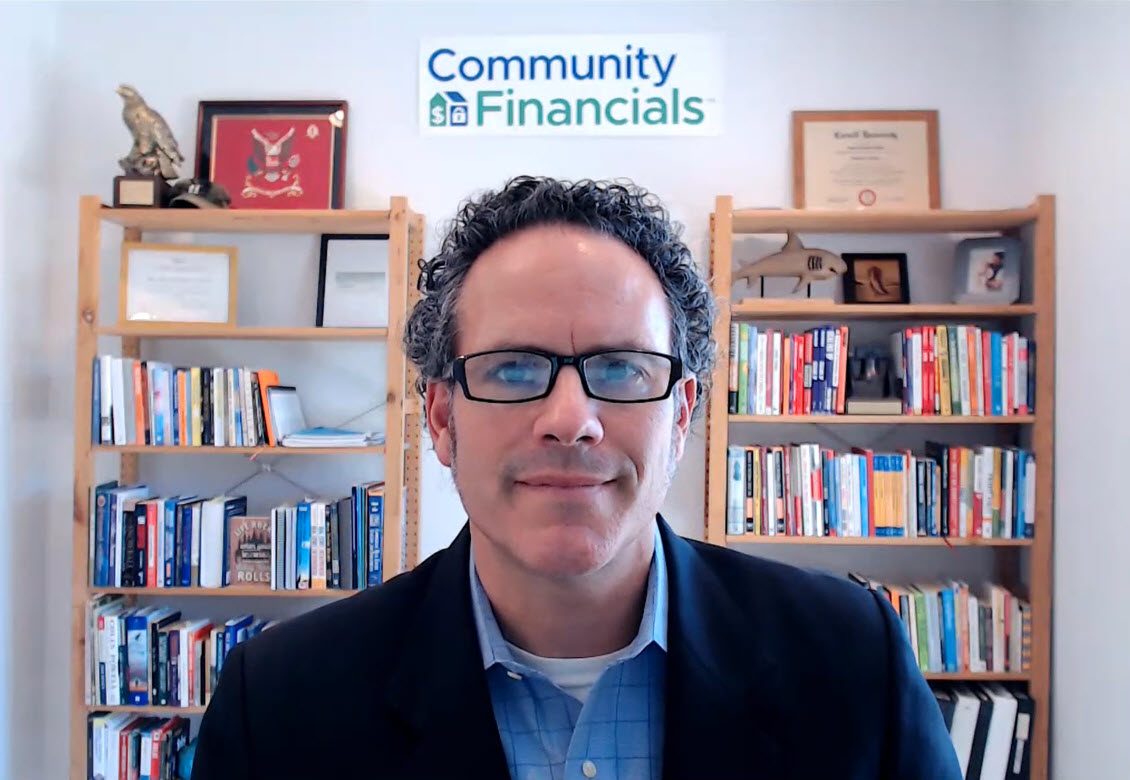Why do HOAs and Condos have to change systems when they change managers or accountants including accounting software and banks
When talking with Boards looking to make a change in how they operate their community I am often asked questions related to changes that will occur. The most frequently asked questions are do we need to change our software or bank and why?
Homeowners Associations (HOAs) and Condominiums may need to change systems, including accounting software and banks when they change managers or accountants for several reasons:
- Integration and Compatibility:
- Different management or accounting companies may have preferences for specific software or banking systems that integrate seamlessly with their processes. To ensure efficient operations and accurate financial reporting, the new service provider may recommend or require the use of specific tools that are compatible with their operations. Part of what customers want is for the industry expert to pick the best systems from their experience (knowing the best systems that integrate well) to make the Board’s job easier. For example, our banking partner provides a “lockbox” where owner checks are mailed to, scanned and the payments are uploaded to our accounting software, as well as the balance, and payment transactions including check images making the customer access to this information viewable in one place; over the years customers asked for fewer logins to get access to their information and conduct community business so that is what we provide.
- Efficiency and Standardization:
- The new management or accounting company may have established processes and standards that are best supported by particular accounting software or banking systems. Standardizing these tools across different properties or associations they manage can enhance efficiency and consistency. For example, this allows customer support to quickly answer homeowner calls and emails relating to payment questions. Imagine the opposite, where each community has a different bank they work with, some may not integrate with the accounting software so owner payments need to be entered manually, then support staff has to look up the name of the community, then which bank they work with, and then specific information about where payments are mailed, made online, etc. for that bank. Owners would be frustrated by the long call duration; the company would need to employ more support staff since calls take longer, and the service would have to cost more.
- Reporting Standards:
- Each management or accounting company may have its own reporting standards and templates. Changing providers may prompt a transition to a new set of General Ledger (GL) codes, and reporting tools or formats, ensuring that financial information is presented in a way that aligns with the preferences of the new service provider. For example, if each association had its own accounting “GL” code for each line item on an income and expense report, then accounting staff would have to slow down and look up which code goes to which income or expense line item, slowing things down which would cost more. That being said most accounting services will format the income statement to have the same income and expense line item names that they are used to.
- Vendor Relationships:
- New accounting companies may have existing relationships with specific banks or software vendors. They may have negotiated deals or arrangements that provide benefits, such as reduced fees or enhanced support, making it advantageous to switch to these preferred providers. For example, if you were to buy the software we use as an individual community it would be much more expensive, instead, customers save as we bundle it in the price of our service.
- Security and Control Measures:
- Different management companies may have varying security protocols and control measures. Switching to a new provider might involve adopting systems and tools that align with the new company’s security standards to protect sensitive financial information. For example, we use an online payment provider with encrypted processing to handle owner banking and credit card payments, and this system integrates with our accounting software. Additionally, the bank we use includes a system called “positive pay” to reduce the risk of fraudulent checks being written.
- Training and Familiarity:
- The new management or accounting company may prefer certain software or systems with which their staff is familiar. The HOA or condominium may need to adopt the tools that the new team is trained to use effectively. For example, if accounting staff is out sick and everyone knows how to use the software they can easily fill in to ensure customer reporting deadlines are met.
- Technology Advancements:
- The new management or accounting company may bring technological advancements that offer improved features, better automation, or enhanced capabilities. Switching to updated systems can result in increased efficiency and better financial management. For example, the ability to receive emailed owner account statements, and owner portals that allow an owner to see their balance & make a payment, as well as get access to the most frequently requested documents.
- Legal and Compliance Requirements:
- Management or accounting changes may prompt a reassessment of legal and compliance requirements. The new provider may recommend or require adjustments to accounting practices or software to ensure compliance with local regulations or industry standards. For example, the bank we use for operating accounts makes updating signature cards when board member changes easy to do online, which reduces the time for this administration and helps us keep prices lower.
- Cost Considerations:
- The new management or accounting company may have negotiated cost-effective deals with specific banks or software vendors. Switching to these providers may lead to cost savings for the HOA or condominium. For example, a bank we use doesn’t charge a monthly fee and pays the ACH fees when an owner pays online, many companies charge owners $1 or $2 for this. But more importantly, the ability to streamline operations for collecting owner payments, vendor bill approval & payment, and the ability for these data points to sync into accounting software saves manual data entry, saving labor costs, which keeps financial management costs reasonable.
In summary, the decision to change systems, including accounting software and banks, often stems from the need to align with the preferences, standards, and software integrations of the new management or accounting company. It’s essential to carefully plan and communicate these changes to ensure a smooth transition without disruptions in financial management processes. Change can be a chore, but if you select the right partner you will get more benefits, oftentimes including software upgrades that make the Board’s job easier and improve your homeowner’s experience as well.


